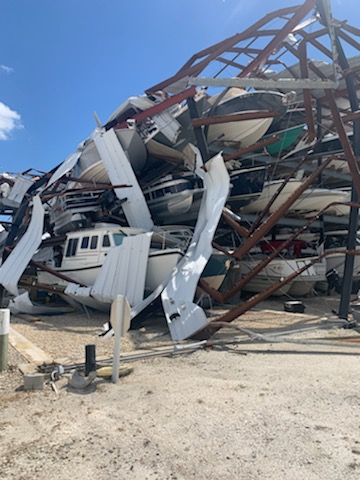
Scrap Metal Collection and Processing
Scrap metal collection and processing are essential services provided by demolition
recycling companies. They focus on recovering, sorting, and refining metal waste
from demolition sites to ensure it returns to the production cycle.
Scrap Metal Collection:
- On-Site Segregation: Metals are separated from other debris during
or after demolition.
- Transportation: Collected metals are transported to the recycling
facility using specialized vehicles.
- Drop-off Points: Some companies offer drop-off points for contractors
and the public to deposit scrap metal.
- Roll-off Services: Roll-off containers might be provided to large
projects to collect and transport scrap metal efficiently.
Processing
- Sorting: Metals are sorted into different types (e.g., aluminum,
steel, copper) using manual labor and machinery like magnets and sensors.
- Shredding: Metals are shredded into smaller pieces to promote homogeneous
melting.
- Melting: Shredded metals are melted in furnaces specific to each
metal type.
- Refining: Impurities are removed, and the metal is purified.
- Solidifying: The molten metal is solidified into bars, sheets,
or specific shapes for further manufacturing.
Benefits
- Environment: Reduces the need for virgin ore mining, saving energy
and reducing carbon emissions.
- Economy: Creates jobs and contributes to the economy through the
sale of recycled metals.
- Resource Conservation: Ensures metals are reused, conserving natural
resources.
- Waste Reduction: Reduces the volume of waste sent to landfills.
Conclusion
Demolition recycling companies play a pivotal role in the scrap metal lifecycle.
Through effective collection and processing, they not only promote sustainability
but also drive economic benefits by reintroducing valuable metals into the production
cycle.